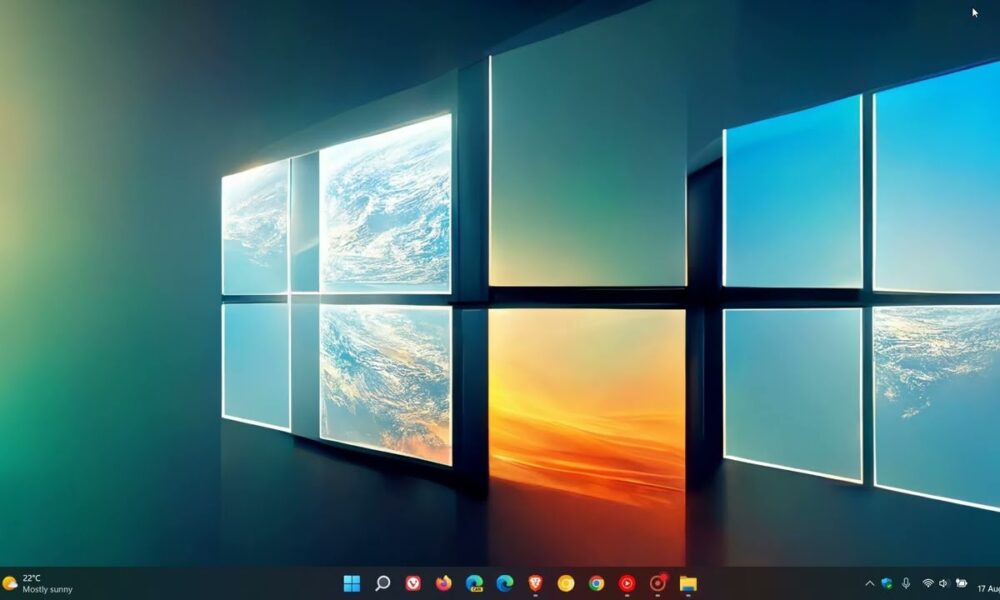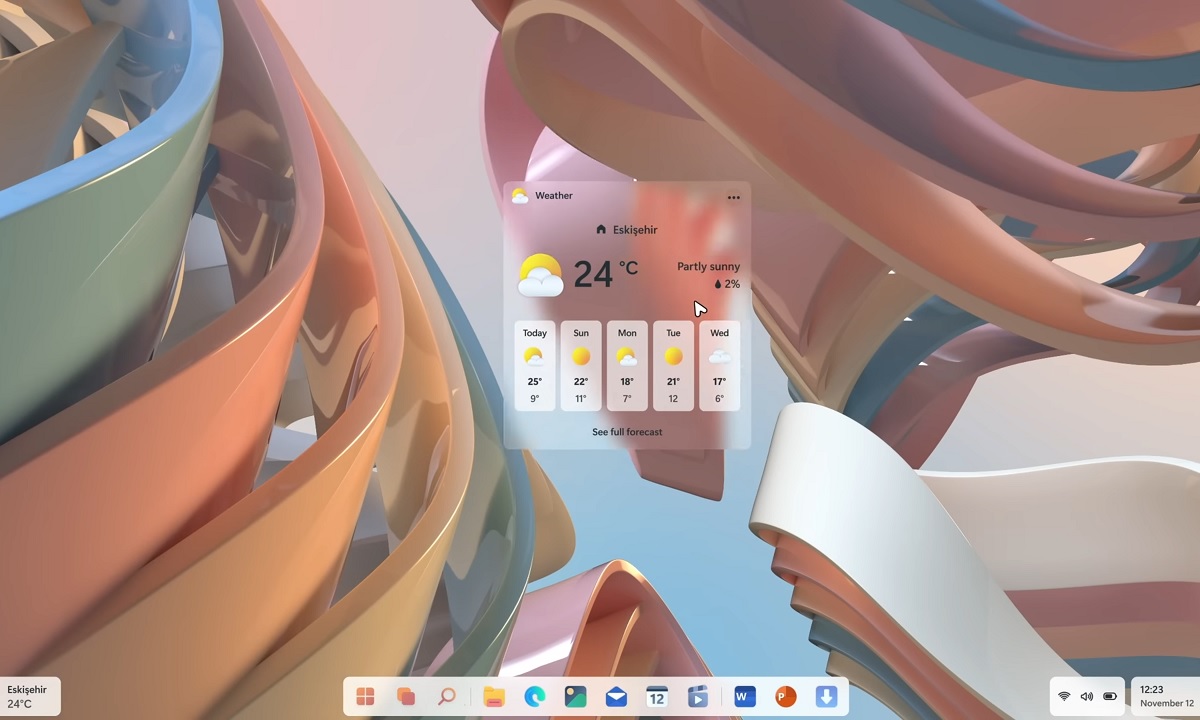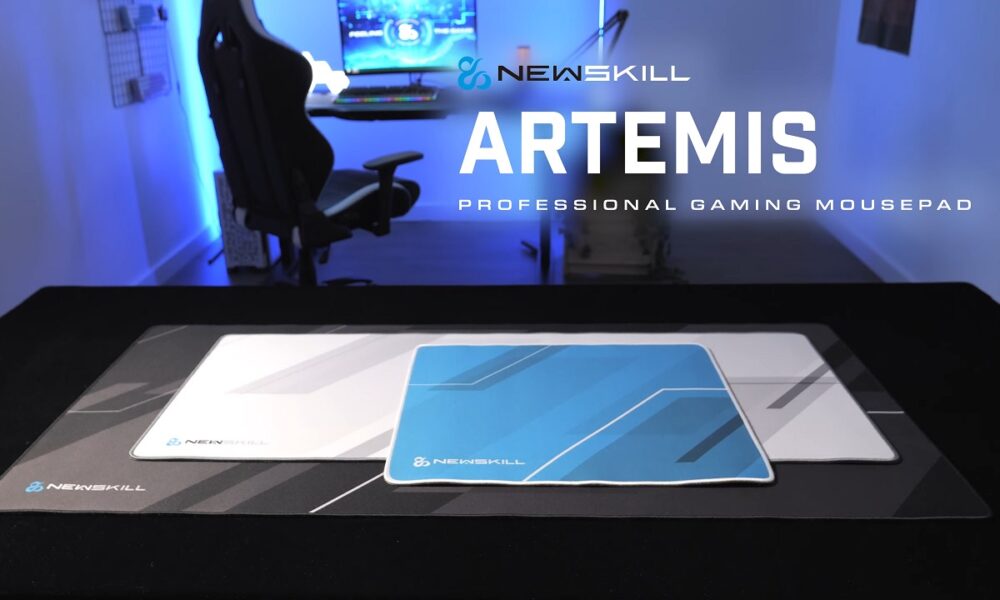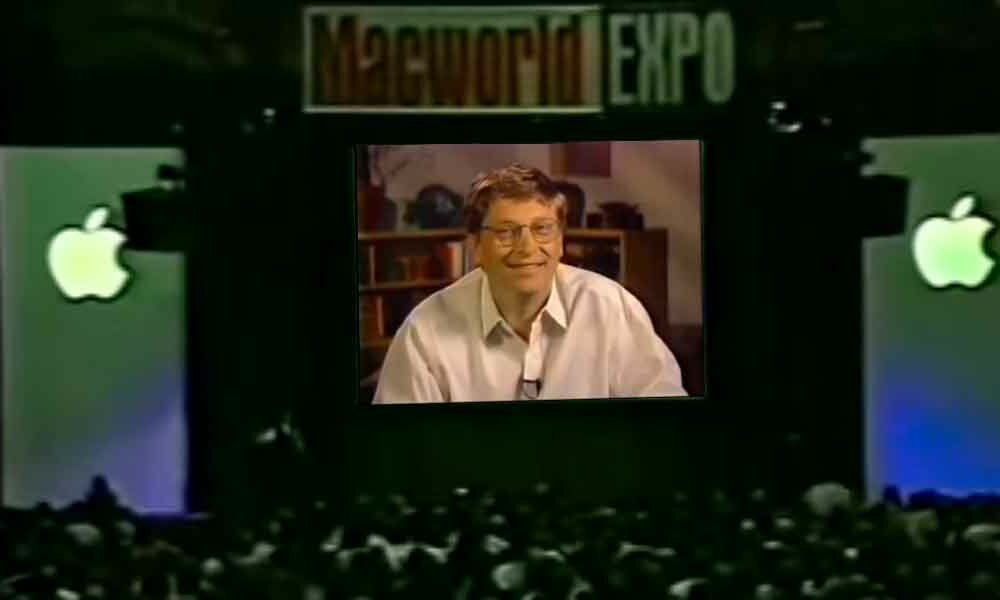
Windows 12 is a project that has been in development for some time within Microsoft. Panos Panay himself confirmed at the time that Microsoft’s next operating system I was going to be smart, and it is clear that cloud computing will also play an important role in this regard. Thanks to the trickle of rumors and supposed leaks that have been taking place in recent months, we have a lot of information about this operating system, but today I want to focus on a very important topic that we have not touched on yet, the possible Windows 12 requirements.
What requirements could Windows 12 have? To answer this question, it is necessary to review the movements that Microsoft has been making in recent years. With the release of each new Windows, Microsoft has not always increased the minimum requirements to be able to use it, and when these have gone up in most cases the difference has not been drastic. We have a good example in the jump from Windows 7 to Windows 10, which at the level of requirements was not traumatic at all, since both operating systems had practically the same minimum requirements.
However, With the arrival of Windows 11 Microsoft completely changed the strategy and not only did it double the amount of RAM needed (from 2 GB to 4 GB) compared to Windows 10, but it also increased the demands on the GPU and storage capacity, and severely limited the number of supported processors, something that it made very powerful and perfectly functional CPUs “obsolete”.
So what will happen to the Windows 12 requirements? We still do not have anything confirmed, but the first information to which I have had access suggest that their requirements will be identical, or very similar, to those of Windows 11. This means that if we have been able to install said operating system we will not have problems moving to the next version of Windows, at least in theory since, as I said at the beginning, we still do not have official information.
In a personal capacity, the truth is that I have doubts about the requirements of Windows 12 because, as I told you at the time, the fact that we are talking about a smart operating system Should have a cost at the hardware level, and this should be important. However, it is possible that Microsoft applies that intelligent layer through cloud computing, or that it offers a mode with AI acceleration by hardware and another via software.
There are still many unknowns, and for this reason I do not dare to make an exact estimate of the possible requirements of Windows 12. However, I think that at the level of RAM and storage capacity, it is likely that they will end up being very similar to those of Windows 11. I am also quite convinced that Microsoft has learned its lesson with this operating system, and I think that is why will try not to trigger the demands of Windows 12 at the hardware level.




